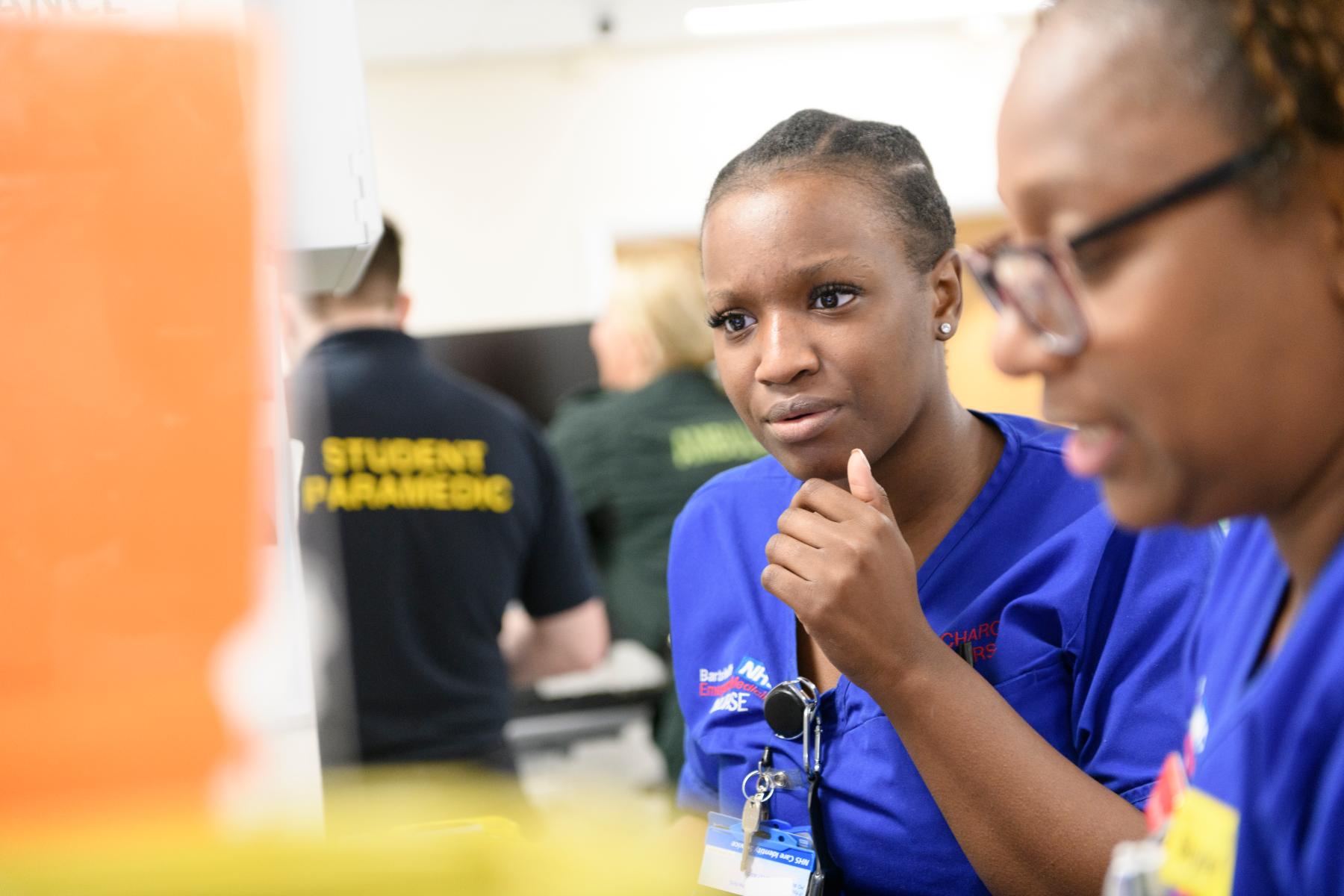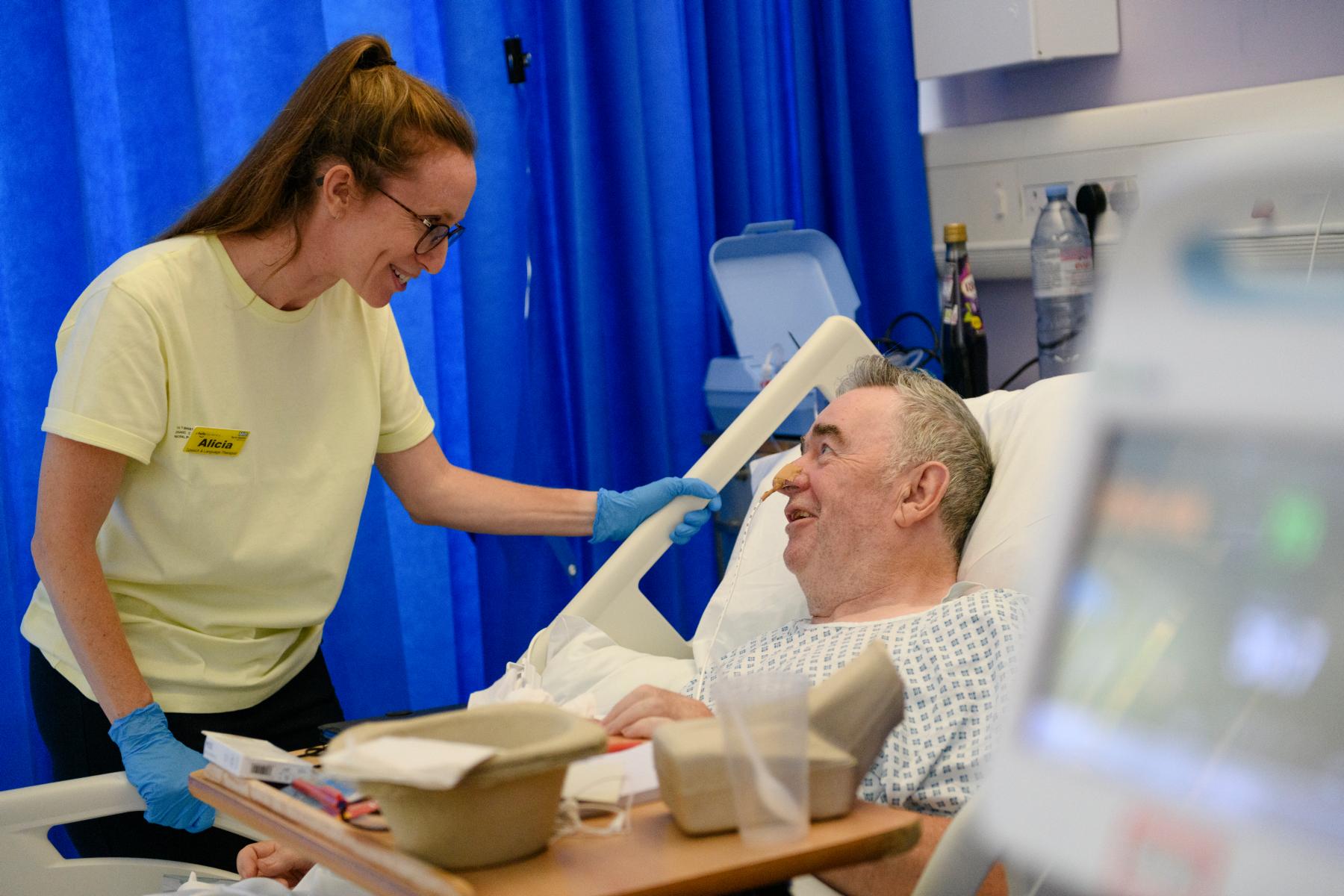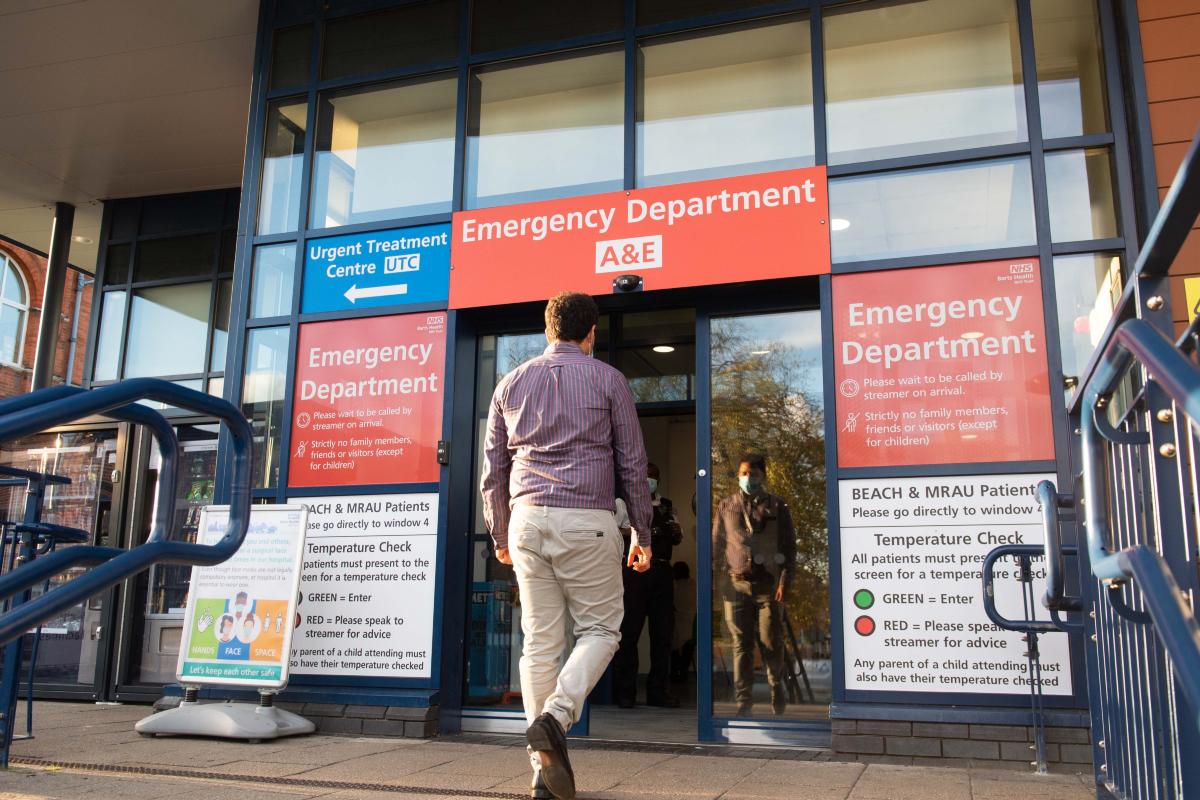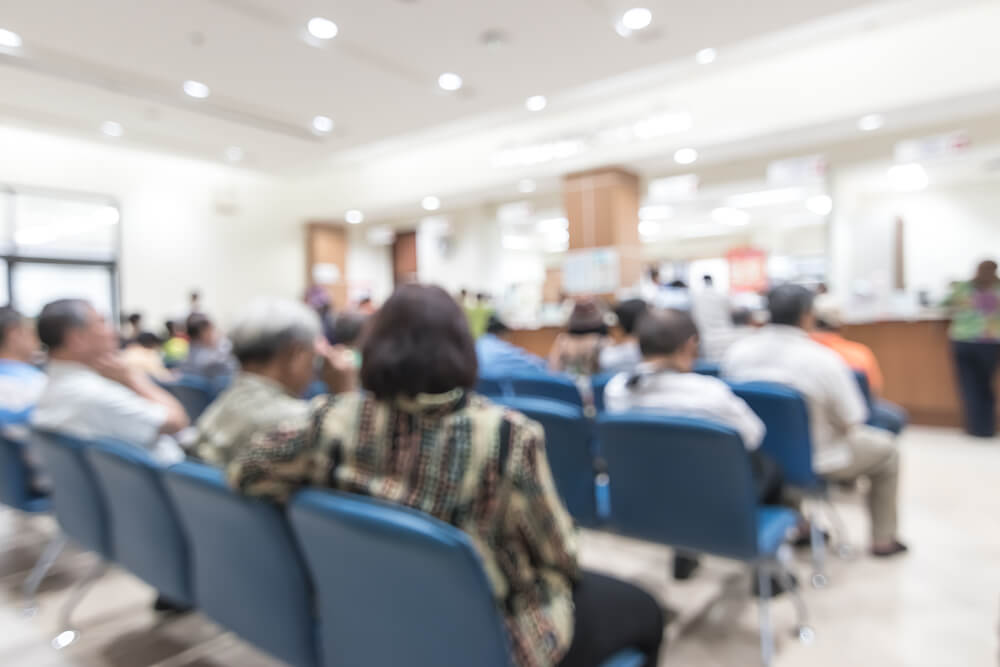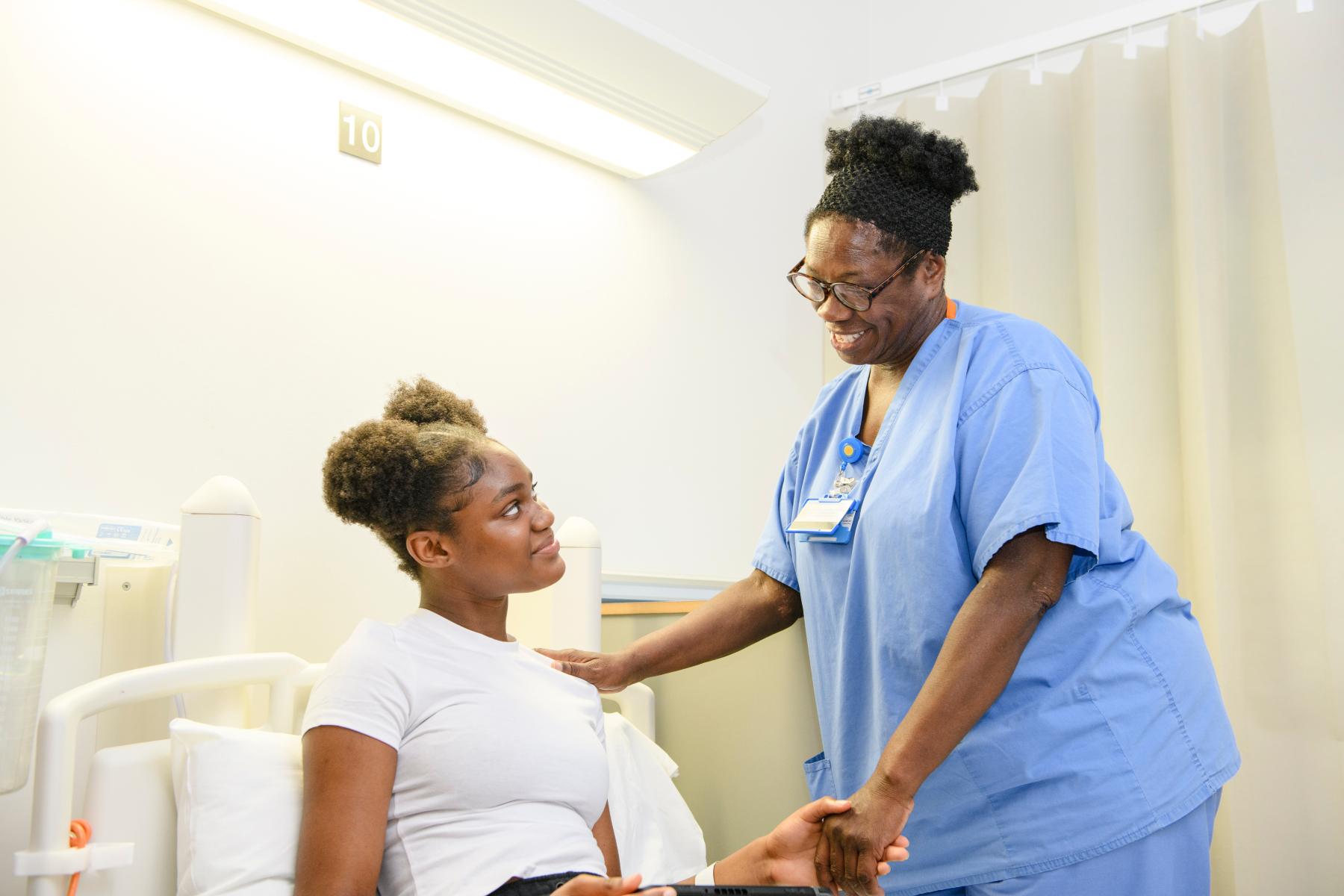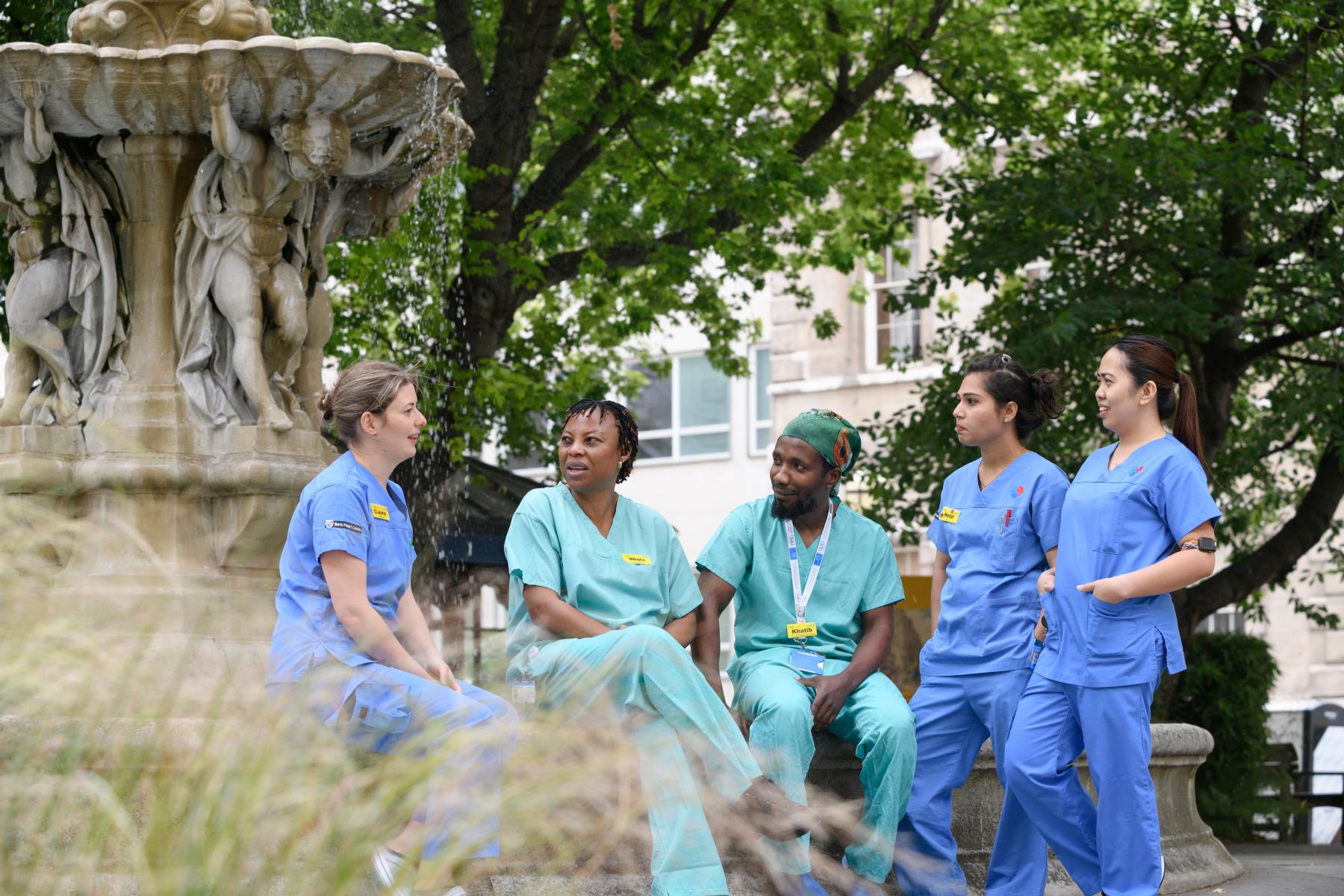Rethink A&E
Need care this winter?
A&E isn't the only choice
Dr Ben Bloom, consultant in emergency medicines, explains how patients are prioritised and which services can help with common problems.
There are also simple steps you can take to stay well this winter, including keeping vaccinations up to date, staying warm and active, checking in on vulnerable neighbours and family, and ensuring prescriptions are stocked up early.

